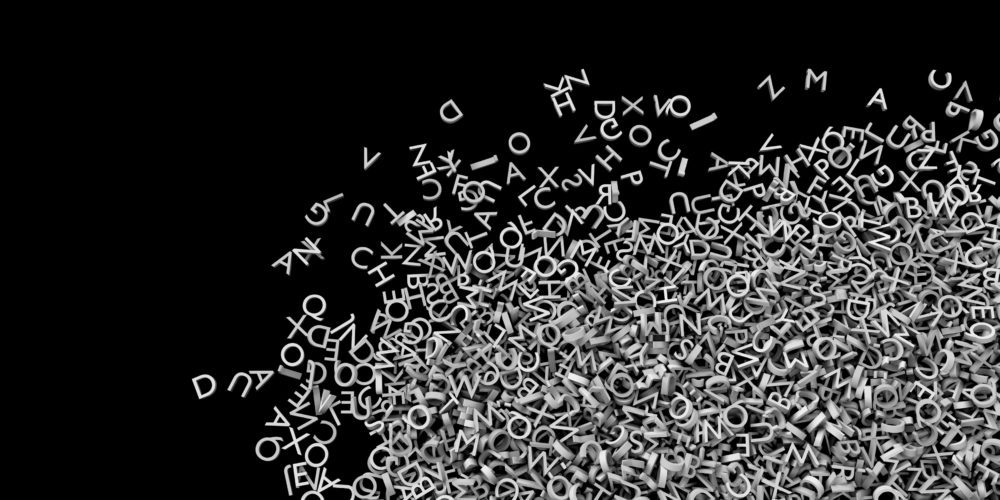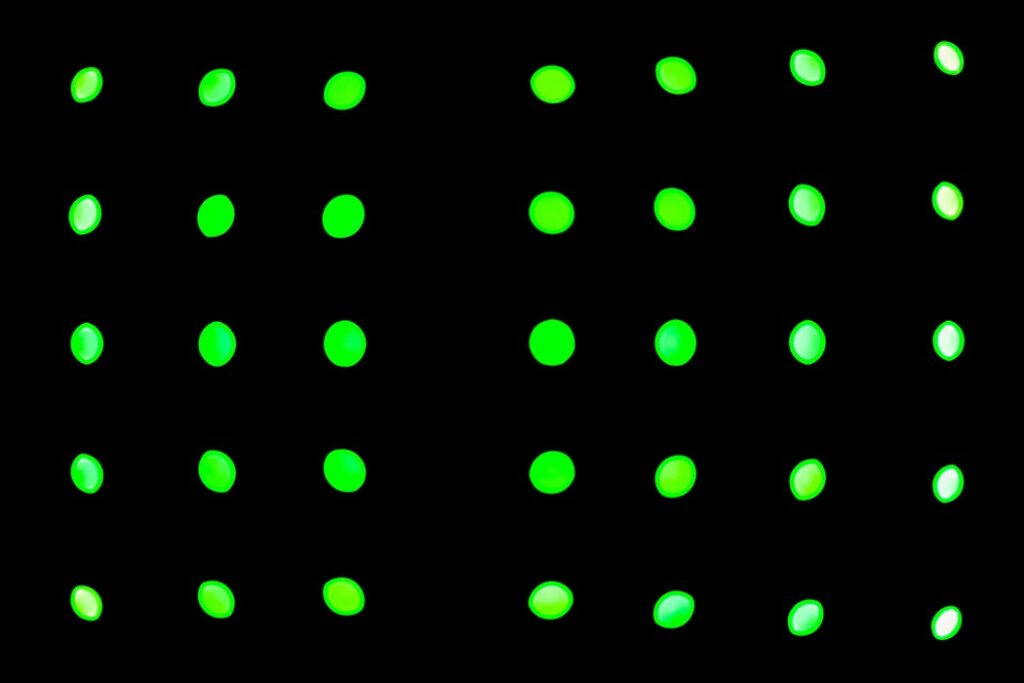
Inclusive education has been a particular focus of the education system in Serbia since the 2009 Law on Foundations of the Education System (SIPRU and UNICEF, 2014), which introduced individual education plans (IEP) as a way to individualise the curriculum for each student. This implied that students with special educational needs and disabilities (SEND) should […]

In this article, we discuss a specialist coaching approach to overcoming a particularly pertinent issue for teachers, that of supporting children with speech, language and communication needs (SLCN). The national curriculum assumes that children start school with necessary speech, language and communication skills, ready to learn and develop quickly using reading and writing as the […]

Amanda Spielman (Spielman, 2017) has said ‘at the very heart of education sits the vast accumulated wealth of human knowledge and what we choose to impart to the next generation: the curriculum.’ As a physics teacher, the new, more rigorous exam specification has come as a bit of a shock. Not because of its content — it […]

Deepening knowledge through vocabulary learning Effective vocabulary instruction: The underlying reasoning and research By Isabel L Beck and Margaret G McKeown With the publisher’s permission, sections of this article have been taken from Beck and McKeown (Beck et al., 2007). Vocabulary, particularly vocabulary teaching and learning, has been a topic that we have studied for […]

I recently explained to a colleague about how engaging with cognitive science has helped me develop as a teacher. ‘Interesting… but what does that look like when I’m teaching Year 9 on a Tuesday afternoon?’ I described a couple of lessons I had taught, and he immediately understood what I meant. He just needed concrete, […]

If we accept that knowledge of the brain is of value to teachers, it follows that we need to develop our understanding of how teachers mediate this type of information. The research summarised below is less concerned with precisely what teachers know about the brain and more concerned with how they come to know it […]

Put diesel fuel in the tank of a diesel car, and the cogs and pistons smoothly tick. Put petrol in a diesel engine – the mechanics cease to run smoothly, and problems begin to develop. Feedback can have the same effect – it can either power your students’ learning journey or leave them liable to […]

Last summer our faculty decided to re-write our Key Stage 3 science scheme of work (SOW). It had become apparent that our students were severely lacking fluency in a number of key areas of the curriculum. Fundamental facts and concepts were not readily available to them and they were therefore struggling with the new, more […]

Within the teaching profession, there is a consensus that national curriculum has been far more demanding since 2014, when the government initiated reform to make the curriculum “rigorous, engaging and tough’ (Richardson, 2014). The rewritten National Curriculum required pupils to learn their twelve times table by the age of nine, alongside complex scientific theories such as climate change and evolution. Within this policy context, it has become increasingly important to improve students’ ability […]

‘Metacognition and self-regulation’ and ‘collaborative learning’ remain high in the EEF Teachers’ Toolkit of effective teaching approaches, and with good reasons. These reasons can be framed through the following hypotheses. Firstly, to become metacognitive and self-regulating, learners need to experience learning situations, activities and content that can best be resolved, understood and applied through opportunities […]

An extract from an article that first appeared in Education Week on 22 September 2015. Reprinted with permission from the author. For many years, I secretly worked on my research. I say ‘secretly’ because, once upon a time, researchers simply published their research in professional journals – and there it stayed. However, my colleagues and I […]

Why this? Why now? Why us? Jerome Bruner, the renowned American psychologist, states that the primary objective of any act of learning, over and beyond the pleasure it may give, is that it should serve us in the future (Bruner, 1960). The purpose of education is therefore to prepare young people for the future. However, […]

Throughout my teaching career, I have consistently observed that attitude, rather than baseline data, indicates future success. Whilst some will inevitably struggle more with challenging concepts or a mathematical method, those who persevere tend to benefit. This led me to question whether self-regulated learning could promote improved attainment in science. A potential to succeed […]

Since 1997, UK governments have advocated evidence-based practice in English education policy (DfE, n.d.) ; (also see Ball (Ball, 2013) and Whitty (Whitty, 2016) for a discussion). However, we have yet to see this translation of research into practice realised. In this article, we use the example of attainment grouping as a case with which to explore some of the wider challenges around […]

What does research say about memory? Scientists and psychologists have spent years developing numerous models to try and unpack how our memory work. Whilst debates between them still continue, perhaps the most useful, for educators so far, is the multi-store model that includes the notion of short-term memory (STM), working memory (WM), and long-term memory […]

I started teaching mathematics in 2001, and I knew from my sports coaching experience that achievement comes from proper practice, hard work and a belief that success is possible. I was known for the phrase ‘Believe2Achieve’. If a child wanted to improve and had a good coach, then they would. In terms of mathematics, teachers, […]

Theory and research often don’t offer simple answers, which can be frustrating for practitioners, and it is easy to oversimplify the original research. In the case of growth mindset, this has been intensified by media attention, where it is presented as either a fad or a fix-all. It is neither. It is a rational theory […]

Recent advances in neuroscientific methods have led to an increased understanding of the neural mechanisms underlying cognition and behaviour. In turn, this has prompted a growing interest in the relevance of neuroscience to education. Since the 1990s, there have been an increasing number of journals, societies, courses, online communities and funding calls, all aiming to […]

All experts constantly reflect upon what they are doing and how they are progressing (Stobart, 2014). If our students are to be expert learners, they must be able to reflect upon and monitor their learning . For this, they need opportunities to assess their own strengths and weaknesses and set themselves challenging, but attainable goals. The […]

A key challenge facing neuroscience and education is how to translate evidence from the laboratory into the classroom (Dommett et al., 2013). From the mid-19th century, similar challenges have faced the medical profession as it aspires to become a ‘natural science’ grounded in biology. Firstly, laboratories are not classrooms, just as the biological experiment is […]




















